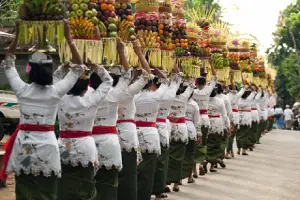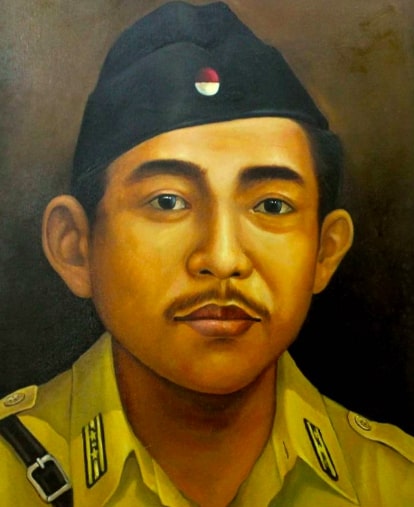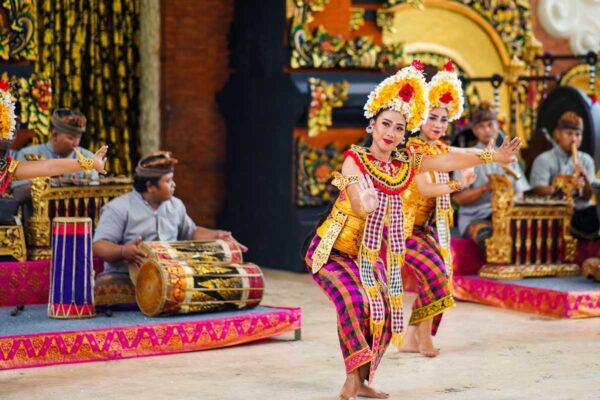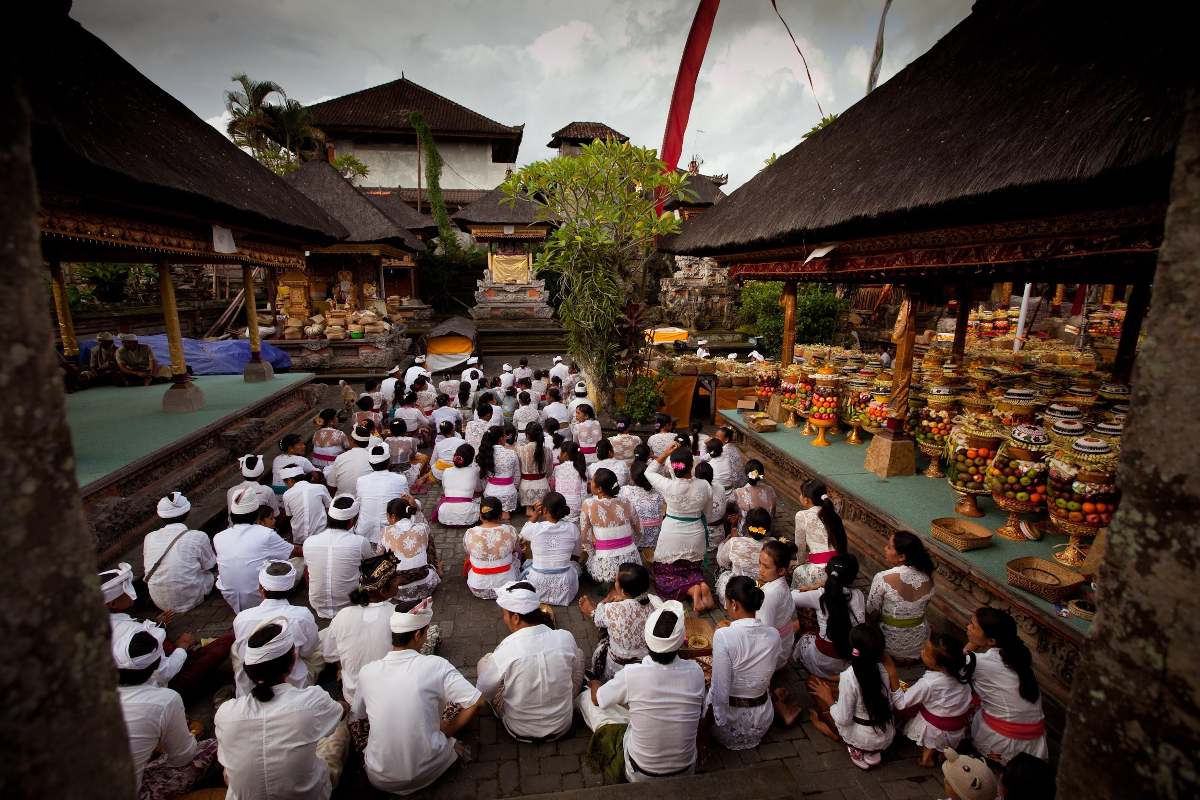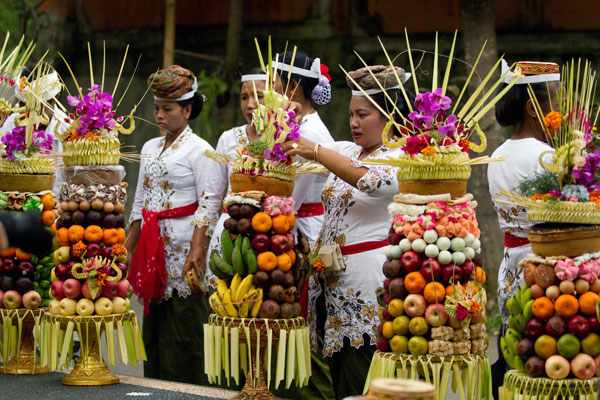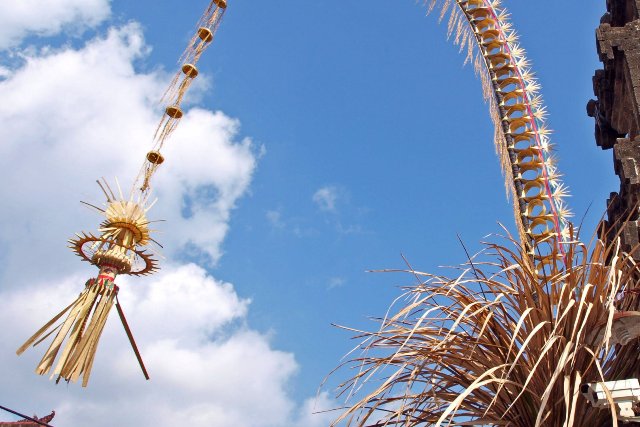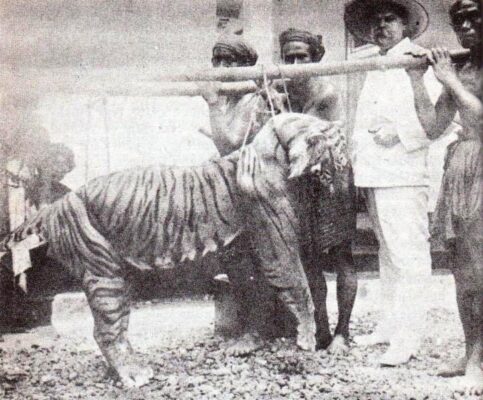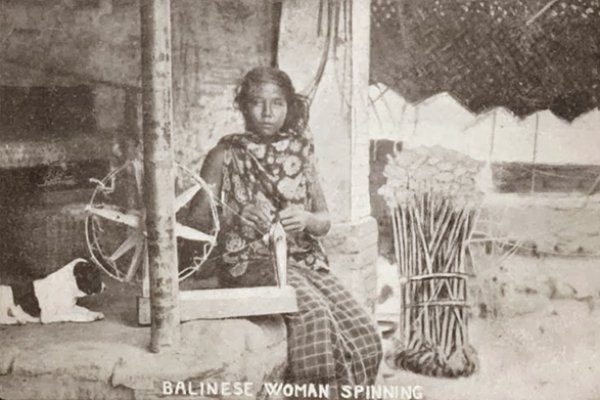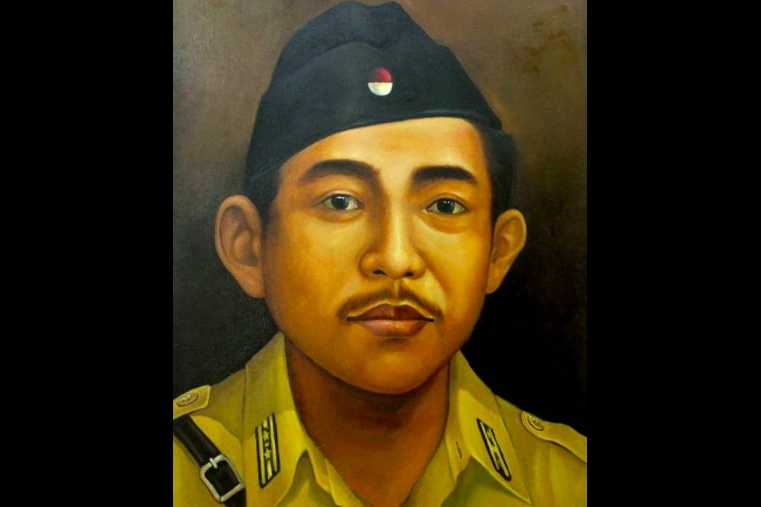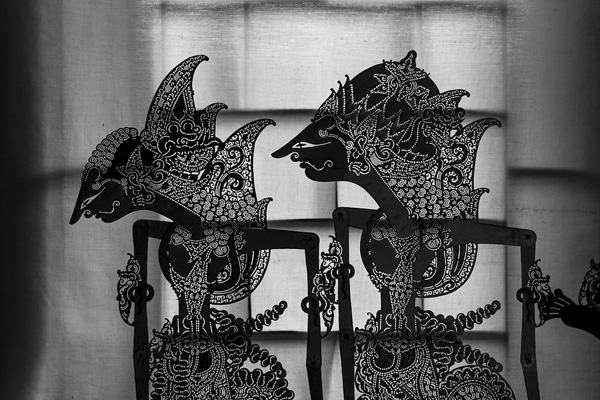Things to Do in Bali
I Gusti Ngurah Rai: Bali’s Unyielding Spirit of Independence
In the annals of Indonesian history, few names shine as brightly as I Gusti Ngurah Rai, the Balinese war hero whose undying commitment to his homeland’s freedom etched his name permanently into the hearts of his people. As the architect of the Balinese resistance against Dutch colonial forces, Ngurah Rai’s life is a testament to the fervor of the Indonesian independence movement and Bali’s unique place within that struggle. His story is not just one of military engagement but also of cultural resilience and the enduring spirit of a people united in the face of external pressures. Today, Ngurah Rai’s legacy continues to inspire not only the Balinese but also generations across Indonesia and beyond, serving as a symbol of patriotism, sacrifice, and the unyielding fight for sovereignty.
Early Life and Ascendancy
Born on January 30, 1917, in Denpasar, Bali, I Gusti Ngurah Rai was thrust into an era marked by colonial domination and the burgeoning rise of Indonesian nationalism. His early years were shaped by the dual influence of traditional Balinese culture and the growing desire for independence among his people. Rai’s education in law at Java’s prestigious schools further exposed him to the broader independence movement, galvanizing his resolve to fight for his homeland’s liberation.
After completing his military training in 1942, Rai emerged as a dynamic leader, adept in both strategy and combat. His return to Bali was a catalyst for the local independence movement, inspiring a collective resistance that would challenge the reoccupation efforts of the Dutch following Japan’s surrender in World War II.
Puputan and the Battle of Margarana
The pinnacle of Rai’s military career and his ultimate sacrifice occurred at the Battle of Margarana in 1946. Leading the Pesindo (Indonesian Socialist Youth) Battalion, Rai and his 96 men engaged in a “puputan,” a traditional Balinese fight to the death, against a vastly superior Dutch force. This battle underscored not only the tactical bravery and determination of Rai and his followers but also the deep cultural roots of their resistance. Despite their defeat and Rai’s death, the spirit of the puputan became a symbol of Bali’s unyielding fight for independence.
Puputan
The idea of “puputan” holds a deeply profound and revered place in Balinese culture and history. Derived from the Balinese word that means “to finish” or “to end,” puputan signifies a last stand or fight to the death rather than face the dishonor of surrender. This concept is not merely a tactic of war; it embodies the Balinese spirit of resilience, honor, and the ultimate sacrifice for one’s land and principles. Puputan is a testament to the Balinese people’s commitment to their autonomy, culture, and way of life, even in the face of overwhelming odds.
The Battle of Margarana
The Battle of Margarana, which took place on November 20, 1946, is a poignant illustration of the puputan concept and why it holds such a special place in Balinese history. The battle was led by I Gusti Ngurah Rai and his Pesindo Battalion against the Dutch colonial forces, who were determined to reassert their control over Bali following Indonesia’s declaration of independence in 1945.
Despite being significantly outnumbered and outgunned, Ngurah Rai and his men chose to confront the Dutch forces in an open battle at Marga, a village in Tabanan, Bali. They knew that victory was unlikely, yet the choice to fight was driven by a deeper purpose: to demonstrate their unyielding resolve for freedom and independence. The battle ended with the sacrifice of Ngurah Rai and his entire battalion, marking a tragic yet heroic moment in Balinese and Indonesian history.
Significance and Pride
The Battle of Margarana and the concept of puputan it exemplified hold a special significance in Balinese history for several reasons:
Symbol of Ultimate Sacrifice: The battle is a powerful reminder of the sacrifices made by the Balinese people in their struggle for independence. It symbolizes the depth of their commitment to freedom, even in the face of certain death.
Cultural Identity and Unity: Puputan as demonstrated in the Battle of Margarana has become a core part of Balinese cultural identity, reflecting their values of honor, courage, and resilience. It serves as a rallying point for unity and pride among the Balinese people.
Legacy of Resistance: The battle is a testament to Bali’s long history of resistance against colonialism. It highlights the island’s unique role in the broader Indonesian independence movement, showcasing the Balinese as fierce defenders of their land and culture.
Inspiration for Future Generations: The story of Ngurah Rai and the Battle of Margarana continues to inspire generations of Balinese. It is a reminder of the price of freedom and the importance of standing up for one’s beliefs, principles, and cultural heritage.
A Lasting Legacy
In commemorating the Battle of Margarana and the concept of puputan, the Balinese people honor not just the memory of I Gusti Ngurah Rai and his men, but also the enduring spirit of independence and self-determination that defines their cultural identity. This historical event is a source of immense pride, serving as a reminder of the bravery and sacrifices that have shaped the island’s history and values.
I Gusti Ngurah Rai’s impact extends therefore far beyond his military achievements. In 1975, he was posthumously declared a National Hero of Indonesia, a testament to his enduring significance in the country’s history. However, it is within Bali itself that Rai’s legacy is most profoundly felt. His name graces the island’s international airport, a daily reminder to Balinese and visitors alike of the sacrifices made for Indonesia’s independence. Schools, streets, and monuments across Bali also bear his name, embedding his story within the fabric of Balinese society.
More than just a historical figure, Rai embodies the values of resilience, cultural pride, and unity that are central to Balinese identity. His story is still today a source of inspiration, reminding the Balinese of their unique place in Indonesia’s history and the importance of preserving their cultural heritage amid the pressures of modernity.
I Gusti Ngurah Rai’s legacy is a beacon of resistance and independence, illuminating the path for future generations. His unwavering commitment to Bali’s freedom and his ultimate sacrifice are enduring reminders of the cost of sovereignty and the timeless value of cultural identity. As Bali continues to navigate the modern world, the spirit of Ngurah Rai serves as a guiding light, inspiring resilience and unity in the face of challenges.


















